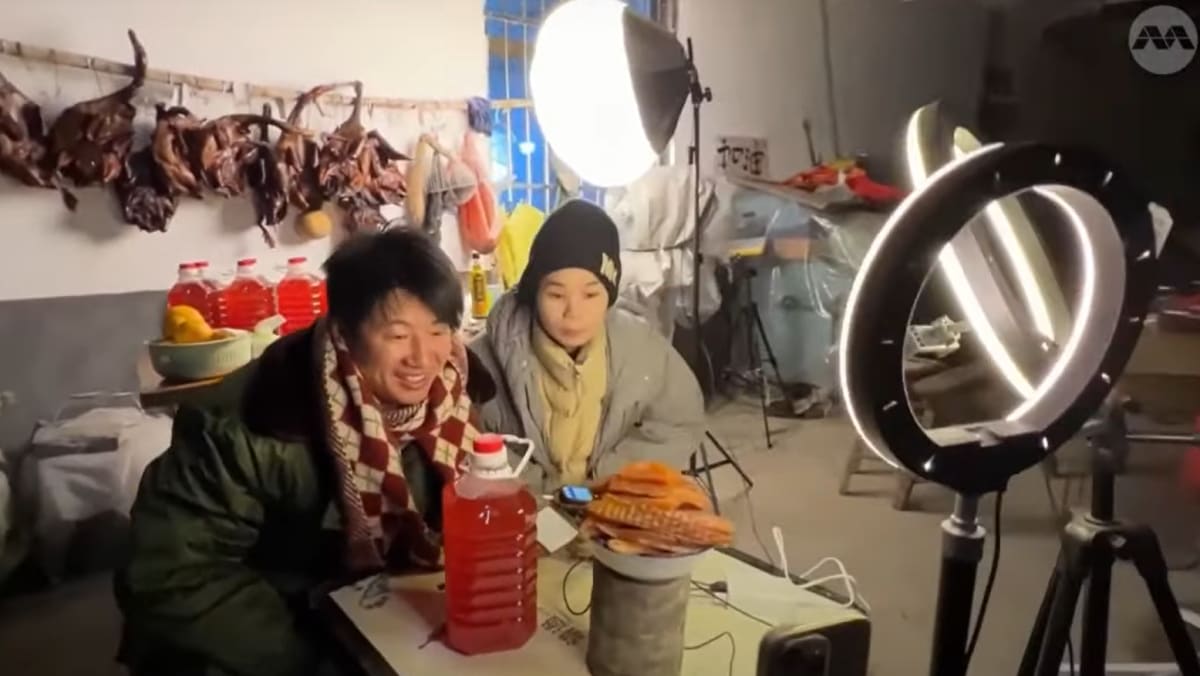NEED FOR REGULATION
Still, success stories like Mr Chu’s are few and far between among the country’s 300 million migrant workers.
The livestreaming industry, which peaked during the COVID-19 pandemic, is becoming increasingly saturated as more look for a rare lifeline amid an uncertain economic outlook.
Experts said this has made it difficult for newcomers to stand out and outshine other livestreamers. Some resort to crass tactics to get more views.
Dr Yan Wu, Associate Professor in Media and Communications Studies at Swansea University, said there is a need for market regulation as livestreaming covers not just e-commerce but a wider field of talent.
“The content of streaming could be vulgar and sexual,” she told CNA’s East Asia Tonight.
“(The) industry poses this new challenge because in the past, when you think of the media industry, it has clearly separated fields – journalism, entertainment, advertising, etc.
“But the streaming industry seems to combine all these different sectors together. So the key thing is, who’s accountable?”
She pointed to a “huge enthusiasm” in China for new technologies like virtual reality. Virtual influencers created with artificial intelligence have also gained steam in recent years.
“When the technology keeps advancing under the market, (in) certain areas, the market reaches a saturation point. But there are new ways, new strategies for differentiation and a plug into the niche segment will be able to provide a new economic growth point,” Dr Yan said.
For Mr Chu, it was a no-brainer to switch career paths rather than continue living in the underbelly of China’s biggest and wealthiest cities.
“When you’re in the city, your salary may be just a few thousand yuan, and the work is hard and tiring. Maybe when you’re in the moment, you think the money comes easily,” he said.
“But in the long run, with automation, you risk becoming obsolete; you will have no value in the future.”
